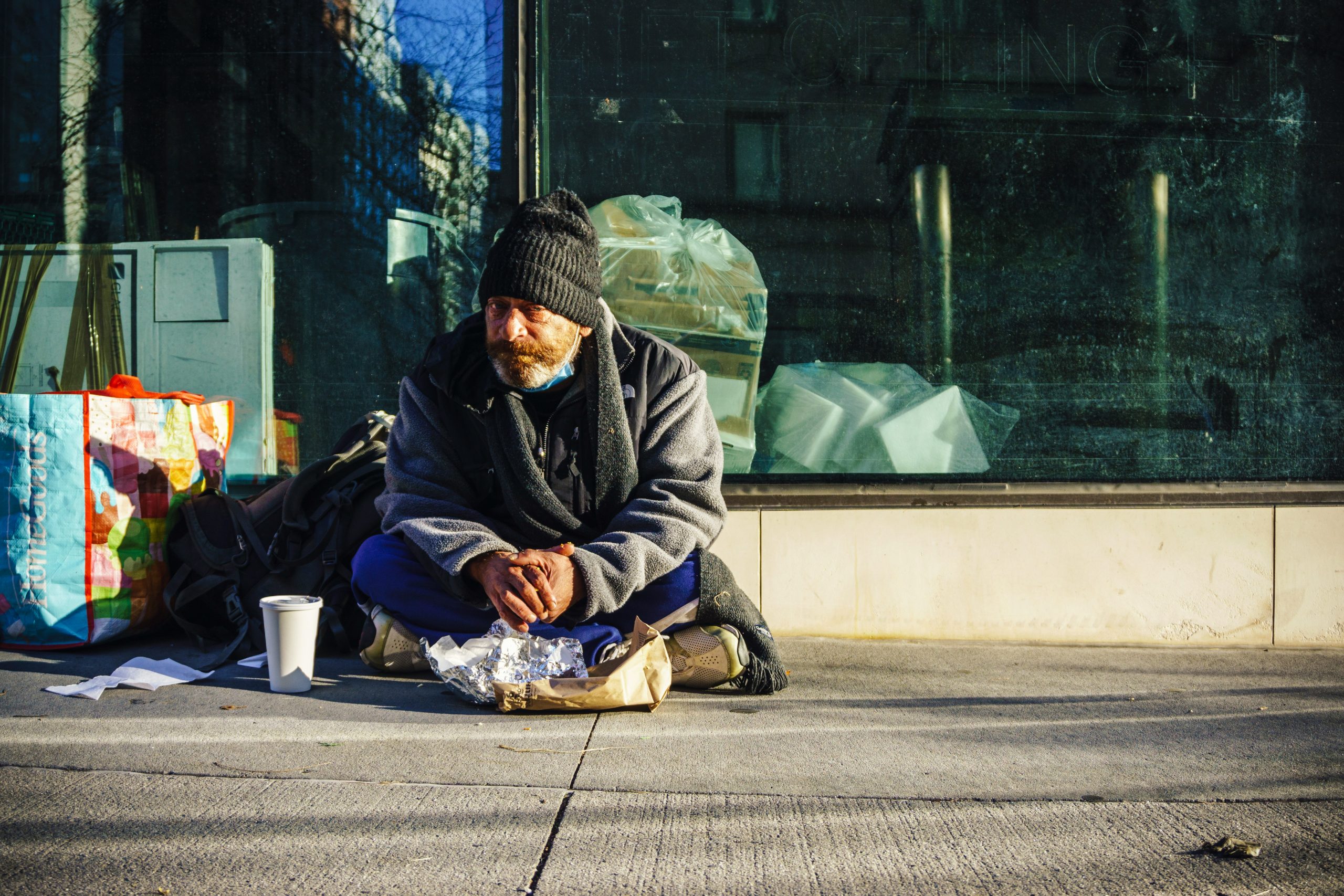As can sadly be seen in most UK towns and cities, many people in York are homeless, and many are sleeping rough.
Due to the high visibility of those suffering from homelessness, and the fact it has been such a longstanding and often mismanaged issue, new government and local council initiatives are often heavily scrutinised. Tackling the complex issue of helping those facing homelessness is amongst the most important policies that local councils across the country focus on, as it is vital for the protection of some of the most vulnerable in our society.
Many are still feeling the effects of the COVID-19 crisis and the rise in the cost of living, which has brought a nationwide rise in homelessness and rough sleeping. According to the City Council’s data, as of late last year, over 50 people were sleeping rough on the streets of York, a massive rise from the 9 who were found to be sleeping rough a decade prior.
Additionally, as of 27th February 2025, the government released statistics revealing that the number of people sleeping rough in England has increased by 91% since 2021. As such, local responses towards homelessness are now more important than ever.
Working towards their goal of making homelessness ‘rare, brief and non-recurring,’ the most recent York City Council homelessness strategy was put in place in December 2024.
The previous iteration of the ‘Preventing Homelessness and Rough Sleeping Strategy’ was put in place from 2018-2023, and aimed to tackle homelessness mainly through early intervention and a better understanding of its causes, highlighting that stopping homelessness at its root can be cheaper and more effective than simply addressing its consequences.
Through this, it is estimated that the council prevented 1,174 cases of homelessness in York from 2018-2023. This was often through working with mental health services, adult social care, and a focus on 16 to 17-year-olds and families at risk of homelessness. Whilst there were some initiatives tackling homelessness more directly, such as the development of James House, which created 57 new spaces for temporary accommodation, the strategy mainly focused on homelessness prevention, with less initiatives focused towards providing new housing and accommodation.
Providing new housing and temporary accommodation is an aspect in which we see a massive shift within the new strategy. Whilst the new strategy is still promising the continuation of preventative measures against homelessness, such as the early identification of domestic abuse, it also promises the expansion of social housing, the construction of 250 new one-bed homes, and increased capacity of temporary accommodation.
The seven main points of the Homelessness and Rough Sleeping Strategy 2024 to 2029 read as follows:
1. Expansion of Housing First with 250 additional 1- bed homes over strategy period
2. Resettlement service redesign delivering review recommendations
3. Expansion of social housing
4. Expansion of Temporary Accommodation: providing needs evidenced
5. Homelessness Prevention and Tenancy Sustainment
6. Tackling Domestic Abuse
7. Revised governance structure and performance framework
One of the main causes of homelessness in the UK is the lack of affordable housing, so the council’s promises to provide physical accommodation, as well as just support, are vital.
Overall the proposal is well balanced, with solutions offering both the preventative measures of the 2018 draft with its focus on help geared towards domestic abuse victims and the disabled, combined with more direct solutions that aim to house those that are sleeping rough. Whilst ambitious, they represent a move in the right direction and a focus on specific care for those who are especially at risk. Whether or not the council manages to keep their promises is a different question altogether.
Whilst these new government policies point towards a positive future, it is important to acknowledge the role that charities have played in providing food, shelter and support for the homeless in York for years. The Carecent breakfast club, ran by the Central Methodist Church, provides food, clothing, toiletries and shower facilities, as well as offering links to other support such as housing services and medical facilities. Charities such as Restore and Safe and Sound Homes have volunteer groups who offer support to those sleeping rough, and nationwide initiatives, such as food banks offer support to those facing homelessness in economic hardship.
It has long been criticised that charities bear too much of the burden of homelessness support in this country, so hopefully the new council policies will take on more of the responsibility of providing aid to the homeless people of York, and supporting the amazing work that these charities provide, rather than relying upon it.
